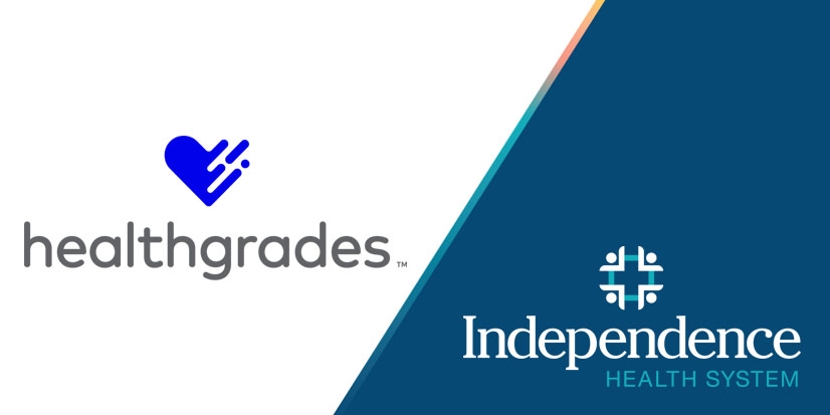What Exactly Is Cholesterol and Why Is It Important?
- Category: Blog, Health & Well-Being, Cardiovascular Care, Primary Care
- Posted On:
- Written By: Daniel Bodnar, DO

What is cholesterol and what does it do?
Cholesterol is a waxy substance found in the body that circulates in the blood. There is a certain level of cholesterol that our liver naturally makes and the rest we get from the food we eat. It’s important because your body needs it to build cells, make vitamins, and hormones. But, it’s important to distinguish between the two types and live a healthy lifestyle that promotes a balance of the two.
Why are cholesterol levels important?
There are two types of cholesterol LDL (often referred to as the “bad”) and HDL (often referred to as the “good”). While cholesterol itself isn’t necessarily a bad thing because our bodies need it to function properly, too much can create problems as we age. It’s important to balance the bad and the good. Those with high bad cholesterol and low or not enough good cholesterol are at an increased risk of cholesterol build-up. When this happens, cholesterol builds up over time in the inner walls of the arteries that supply the heart and brain. This imbalance and buildup of cholesterol over time can lead to an increased risk of heart disease, heart attack, or stroke.
How can I check cholesterol levels?
Cholesterol is an important health marker that shouldn’t be ignored. This is a simple blood work test that will usually be ordered by your primary care doctor depending on your age/risk factors and will alert your doctor to your LDL, HDL, and triglyceride levels. Triglycerides are another type of fat in the blood that the body uses for energy that your doctor will evaluate with your LDL and HDL levels.
How can I manage my cholesterol levels?
You and your primary care doctor or cardiologist should work together to develop a plan based on your unique family history and lifestyle. Depending on your age and risk factors this may include medication. Here are some tips you can start today to help focus on a cholesterol and heart-healthy lifestyle:
- Eat a healthy diet. You can start by incorporating more leafy greens, fruits, and whole grains.
- Limit certain foods, especially those high in saturated or trans fats.
- Limit simple carbs and sugars.
- Limit alcohol consumption.
- Get regular exercise. Aerobic exercise especially has been shown to have a positive impact on cholesterol levels.
- Stop smoking.
Managing your health doesn’t have to be intimidating. If you have concerns about your cholesterol or have a family history of heart or cholesterol-related risks, please talk to your primary care doctor.

Click here to learn more about Dr. Daniel Bodnar.

